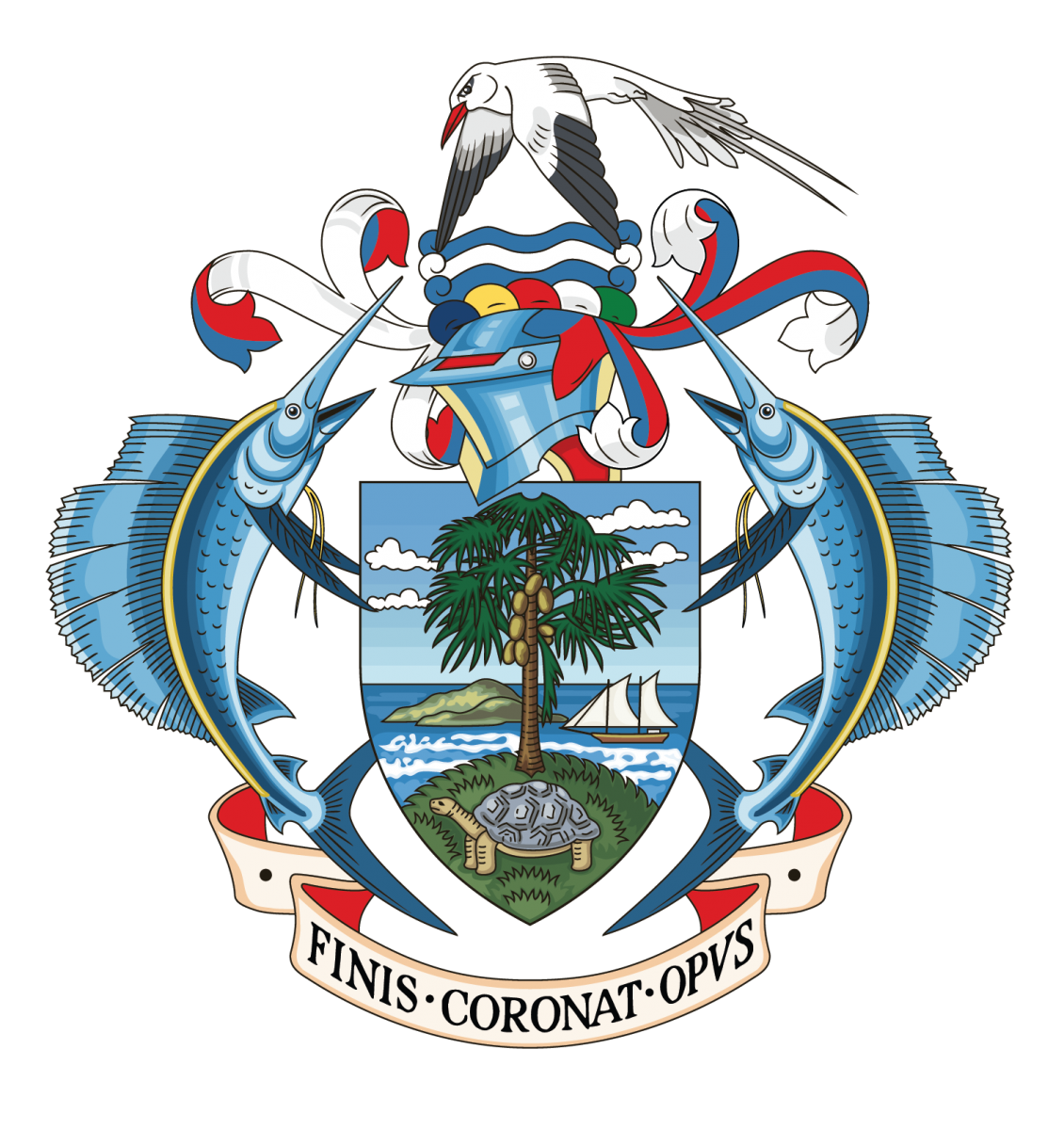Flexible Learning That Enhances Your Potential
Micro-credential certification in Cyberpsychology PSY3184 (BPSY)
Cyberpsychology provides a broad-ranging, thought-provoking account of online behaviour and the opportunities, challenges, and risks such behaviour presents.The module will develop students’ understanding of the theoretical basis for Cyberpsychology, current research in the area and its application across different applied domains. The module content addresses major themes in Cyberpsychology. With much of our lives now played out online - from social interactions to relationships, information-seeking and counselling to gambling and crime - Cyberpsychology is the ideal introduction to a rapidly-evolving and ever-growing part of our daily life.
 This programme is designed, delivered, assessed and awarded by SEGi University through the Africa Open Learning Platform.
This programme is designed, delivered, assessed and awarded by SEGi University through the Africa Open Learning Platform.
Entry Requirements - No
Age Experience - 23 Years Above
Language Proficiency - Yes
Numeracy Proficiency - No
Pre-requisites - No
- What is cyberpsychology?
- The Role of Personality in Online Self-presentation
- Self-presentation, Personality and Human Relationships OnlineAge vs Goal-directed Internet Use
- Online Relationships
- Online Groups
- Impression Management and Self-Presentation Online
- Introduction
- Laying the Foundations: Defining Impression Management and Self-Presentation
- Goffman and the “Performed” Self: A Theoretical Model of Impression Management
- Motivations for Managing Impressions
- Personality and Internet Use: TheCase of Introversion and Extroversion
- Introduction
- The Unique Components of the Internet Environment
- Anonymity
- Control over Physical Appearance
- Greater Control over Interaction
- Adolescent and Emerging Adult Perception and Participation in Problematic and Risky Online Behavior
- Young People and Social Media
- Theoretical Framework of Media Research
- Social Norms Theory
- The Myth of the Digital Native and What It Means for Higher Education
- Introduction
- Young People’s Experiences with Technology in Higher Education
- Shaping These Experiences
- Implications for Higher Education
- Technology Interference in Couple and Family Relationships
- Introduction
- Technology Use and Relationships
- A Theoretical Background
- Technology Interference in Couple Relationships
- Technology Interference in Parenting and Family Relationships
- Summary and Future Directions
- The Context of Population Aging
- Technology and Aging
- Definitions
- Technology to Support Older People
- Digital Technology Use by Older People
- Technology for Health and Aging in Place
- Potential of Technology
- Introduction
- Categorizing Textisms
- Collecting Digital Messages
- Self-Report
- Message Translation
- Message Elicitation
- Naturalistic Messages
- The Nature of Digital Communication Language
- Emoticons
- Cultural Considerations on Online Interactions
- Introduction
- Defining Online Social Networks
- Defining Culture
- Major Models of Culture: Hall’s High/Low Context Model
- Major Models of Culture: Hofstede’s Various Dimensions Model
- Major Models of Culture: Schwartz’s Model of Universal Human
- Automation and Artificial Intelligence
- AssistiveTechnologies
- Video Games and Entertainment
- Technology and Education
- Cybersecurity"
Coursework - 60%
Exam - 40%
Upon successful completion of this Micro-credential certification in Cyberpsychology (BPSY), students will be able to transfer grades and credits into the following programme(s):
- Bachelor of Psychology
Upon successful completion of this Bachelor of Psychology programme and meeting the necessary entry requirements, students will be able to progress into the following programme(s):
- Master of Psychology

